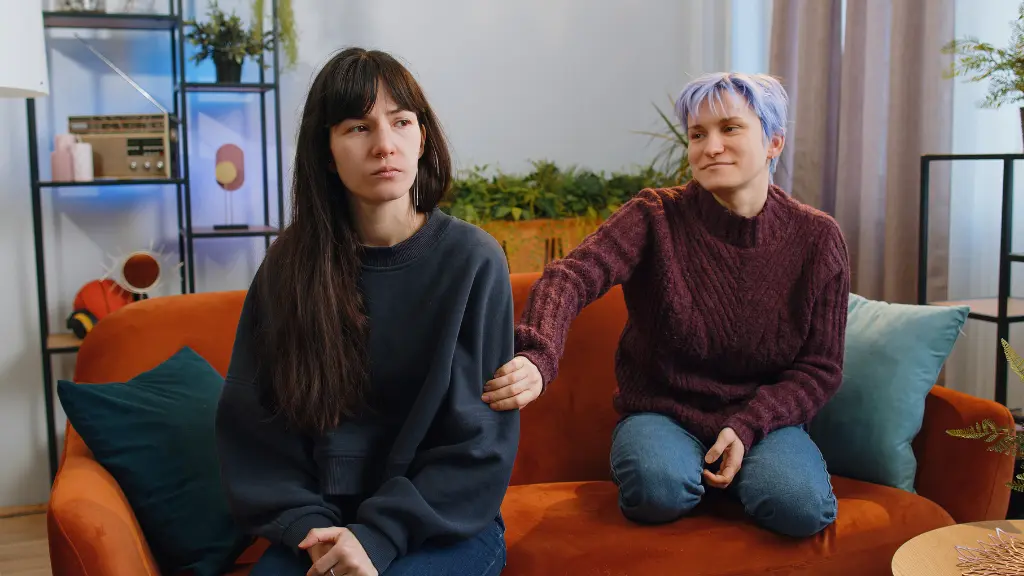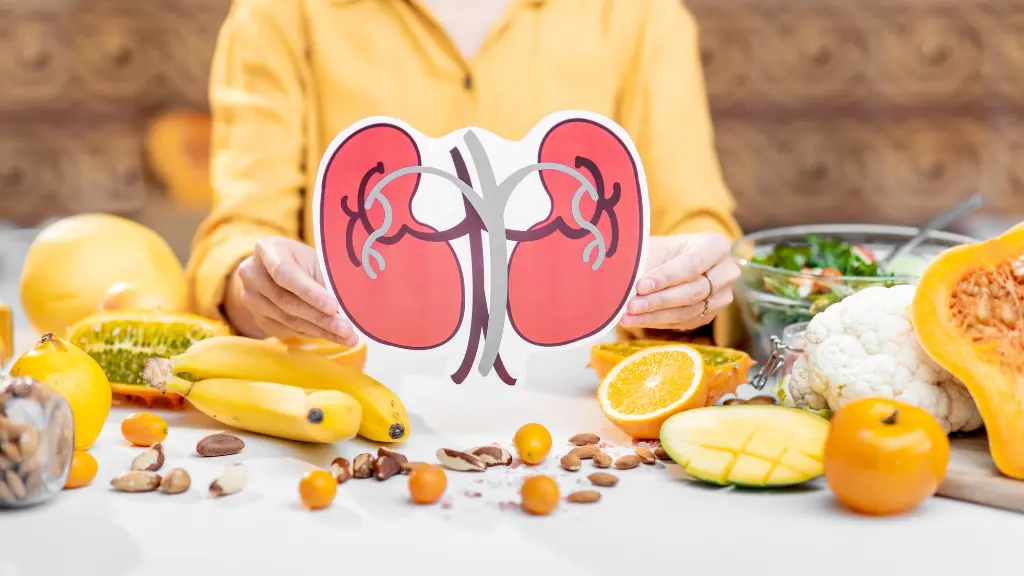Friendship breakups are often overlooked in discussions about emotional pain. We tend to associate breakups with romantic relationships, but the end of a close friendship can feel just as devastating.
Whether it’s drifting apart or a dramatic fallout, the hurt can linger. But why is this the case? Let’s explore why friendship breakups can be so painful and how we can cope with them.
You May Also Like: Could Dark Chocolate Reduce Your Risk of Diabetes?
The Emotional Impact of Friendship Breakups
Friendships are an essential part of our emotional support system. When one ends, it can leave a void in our lives, resulting in deep emotional pain. This pain is often comparable to the loss of a romantic partner. Here’s why:
- Loss of Emotional Support
- Friends are often our emotional safe havens. They’re there during both good and bad times, offering support and understanding. When a friendship ends, you lose this vital support, making the pain even more acute.
- Feelings of Betrayal and Abandonment
- A breakup in a close friendship can evoke feelings of betrayal, especially if the end was due to a disagreement, misunderstanding, or hurtful actions. This sense of abandonment can be difficult to process and may trigger feelings of inadequacy.
- Shared History and Memories
- Friendships are built on shared experiences and memories. When that friendship ends, it’s like losing a part of your history. The shared moments, inside jokes, and memories may feel like they were erased, and that can amplify the grief.
- Self-Worth and Identity Issues
- Close friendships often shape our sense of self. A loss of a friend can lead to questioning your own worth or value, making the breakup feel even more painful. The emotional impact may affect your self-esteem and confidence.
Psychological Reasons Behind the Pain
The pain of friendship breakups isn’t just emotional—it’s psychological as well. Our brains treat emotional and physical pain similarly. Research shows that emotional pain from a breakup activates the same regions in the brain that physical pain does. This connection explains why the hurt of losing a friend can be so overwhelming.
- Attachment Theory
- According to attachment theory, our relationships form emotional bonds that provide security. When a friendship ends, these bonds are broken, which can lead to anxiety and emotional distress. Just like romantic relationships, friendships involve attachment and provide a sense of connection.
- Social Rejection
- Humans are inherently social creatures, and rejection can trigger feelings of loneliness and isolation. The pain of rejection from a close friend may feel like a social wound, making it harder to heal. Social acceptance is a fundamental need, and losing a friend can feel like a rejection of who we are.
- The Importance of Social Connection
- A strong social network, including friends, plays a significant role in maintaining mental health. When that network shrinks due to a breakup, it can trigger feelings of insecurity, anxiety, and loneliness.
The Stages of Grief in a Friendship Breakup
Just like romantic breakups, friendship breakups follow stages of grief. Understanding these stages can help normalize your feelings and make the healing process easier.
- Denial
- The first reaction may be disbelief. You may find it hard to accept the end of the friendship, hoping that things will return to normal. This stage can cause you to hold onto hope, even when it’s clear that the relationship is over.
- Anger
- As the reality of the breakup sets in, anger can arise. You may feel frustrated, hurt, or betrayed by your friend’s actions. This emotion is common and can be part of the healing process.
- Bargaining
- In this stage, you might try to fix the relationship, attempting to reach out or change things. You may feel regretful or think that things could have turned out differently.
- Depression
- This stage can be marked by sadness, loneliness, and a sense of loss. The pain of missing the friendship can feel overwhelming.
- Acceptance
- The final stage involves coming to terms with the breakup. You acknowledge that the friendship is over and begin to move forward, learning from the experience.
Coping Strategies for Healing
It’s important to give yourself time and space to grieve, but there are also strategies that can help speed up the healing process.
- Acknowledge Your Emotions
- Accept the pain of the breakup and don’t suppress your emotions. Cry, talk to someone you trust, or write in a journal. Acknowledging your feelings is the first step toward healing.
- Reflect and Learn from the Breakup
- Take time to reflect on the friendship and what led to its end. Was there a specific event or miscommunication? Understanding the reasons behind the breakup can help you process the hurt and avoid making similar mistakes in future friendships.
- Give Yourself Space
- Take a break from the person and allow yourself time to heal. Constant contact or revisiting old memories can prolong the pain. Give yourself permission to take a step back and focus on self-care.
- Reach Out for Support
- Lean on other friends or family members who can offer support and help you navigate your emotions. Having a strong support network can aid in your recovery.
- Focus on Self-Care
- Engage in activities that nurture your physical and mental well-being. Exercise, eat well, and practice mindfulness or meditation. Taking care of yourself is an essential part of healing.
- Make New Connections
- While no one can replace the friendship you lost, building new connections can help fill the void. Join groups or communities that align with your interests to meet new people.
How to Move On After a Friendship Breakup
- Forgive and Let Go
- Forgiveness is crucial for healing. Whether you’re forgiving your friend or yourself, it allows you to let go of resentment and move forward.
- Establish Boundaries
- If you decide to continue contact with your former friend, establish clear boundaries. This can prevent further emotional harm while maintaining a cordial relationship.
- Create New Memories
- Focus on creating new experiences and building new friendships. Embrace change and look forward to the potential for new, healthy relationships.
Conclusion
Friendship breakups are just as painful as romantic ones, if not more so in some cases. The emotional impact can leave lasting scars, but understanding why these breakups hurt so much can help you process the grief and heal. Remember, it’s normal to grieve the loss of a friend. With time, self-care, and support, you can move on, learn from the experience, and build stronger connections in the future.










[…] You May Also Like: Why Friendship Breakups Hurt So Much […]